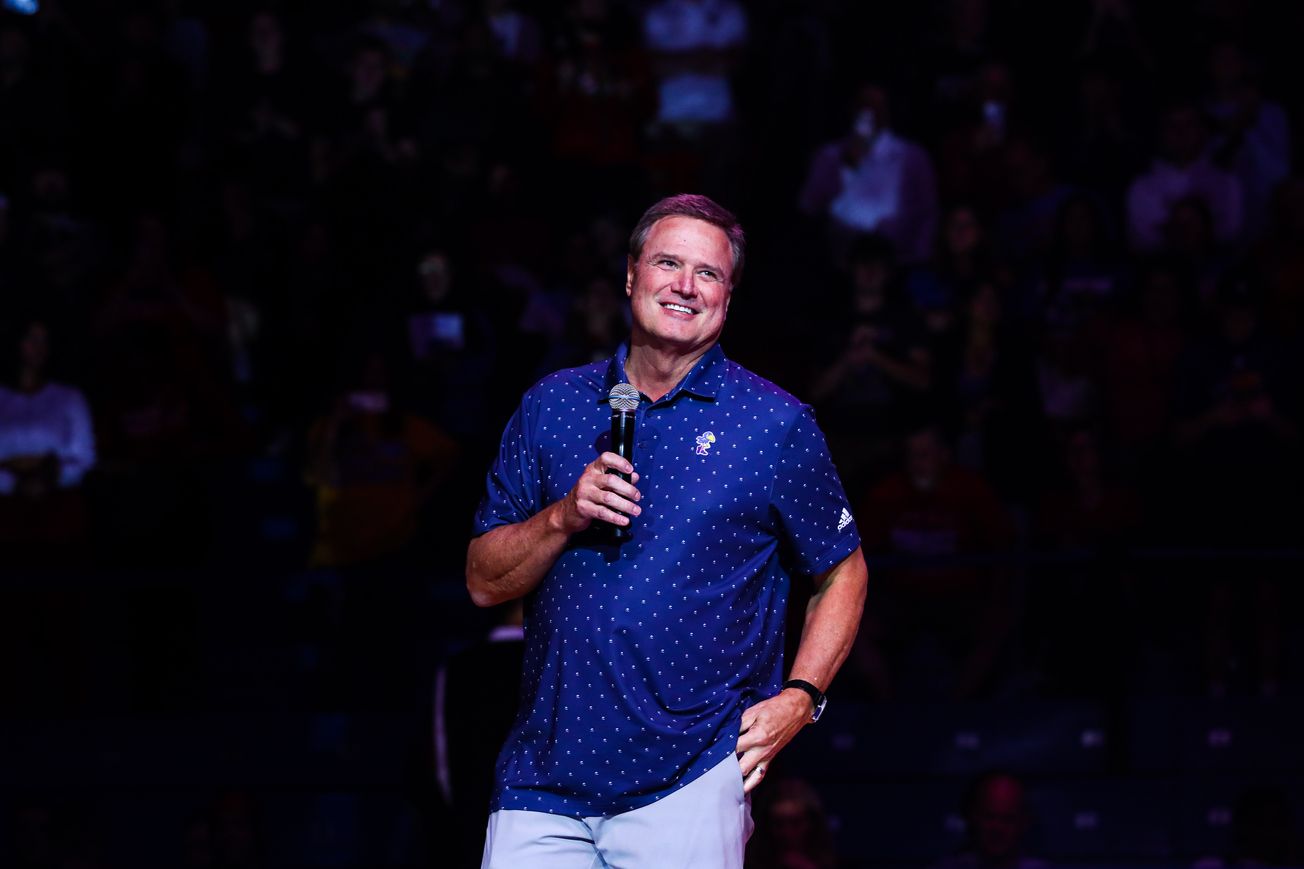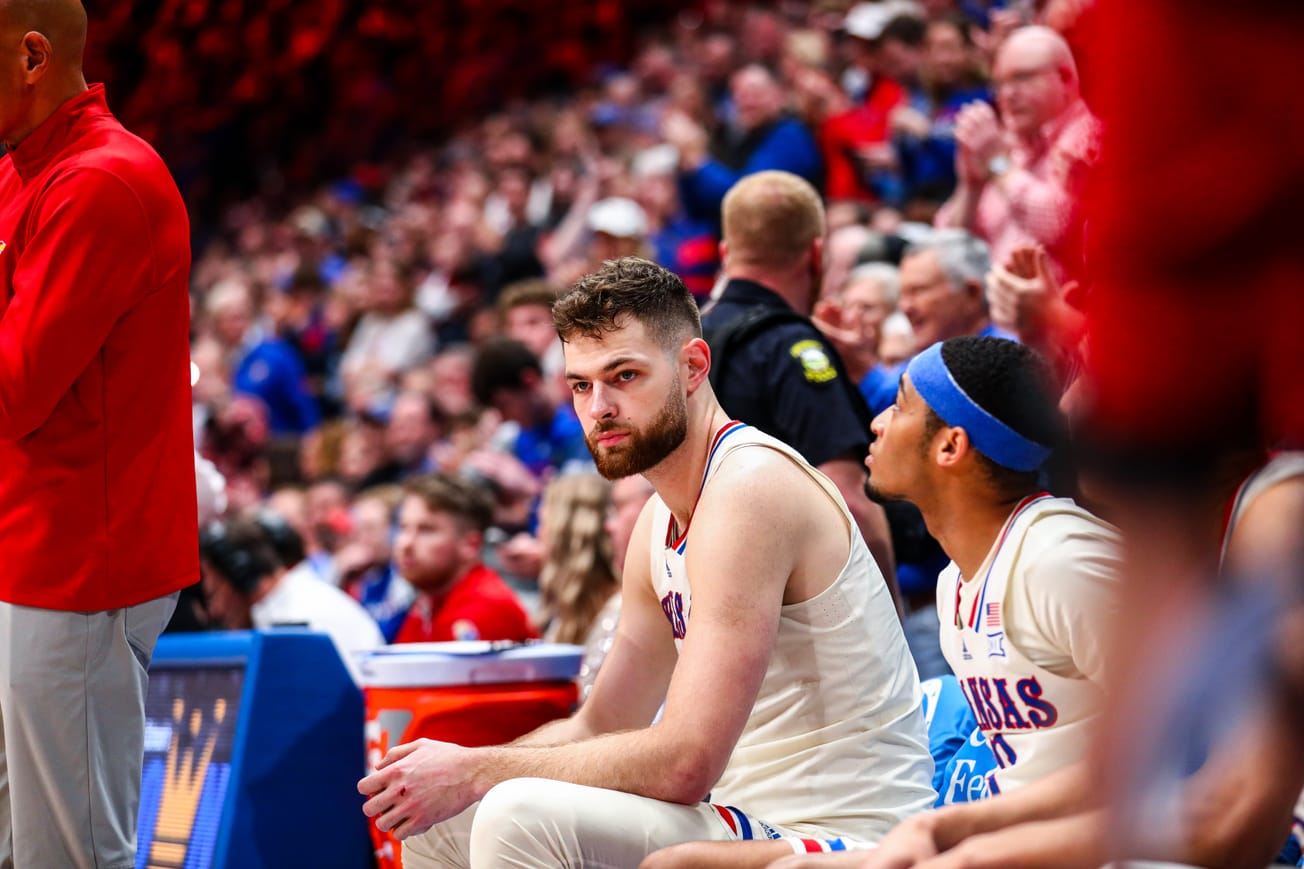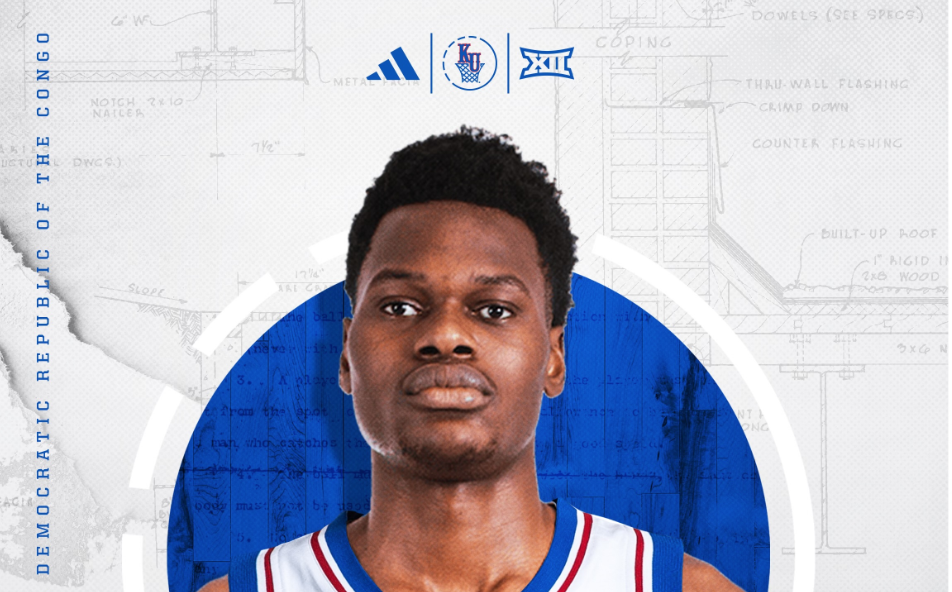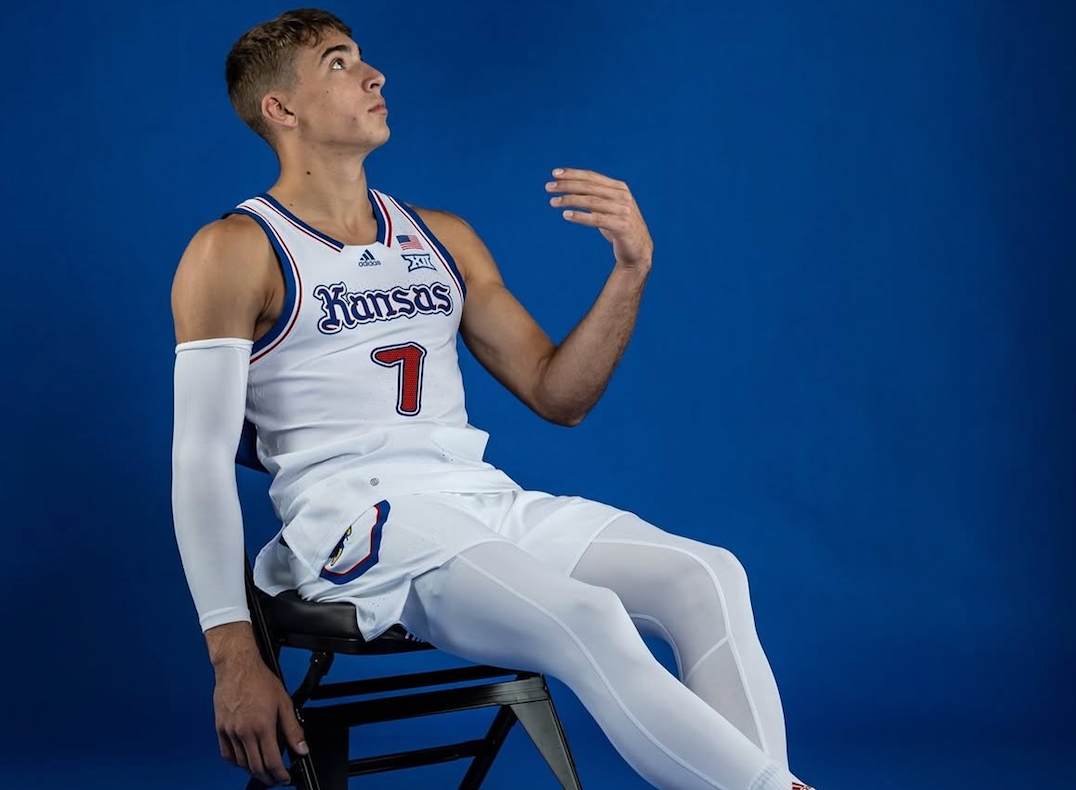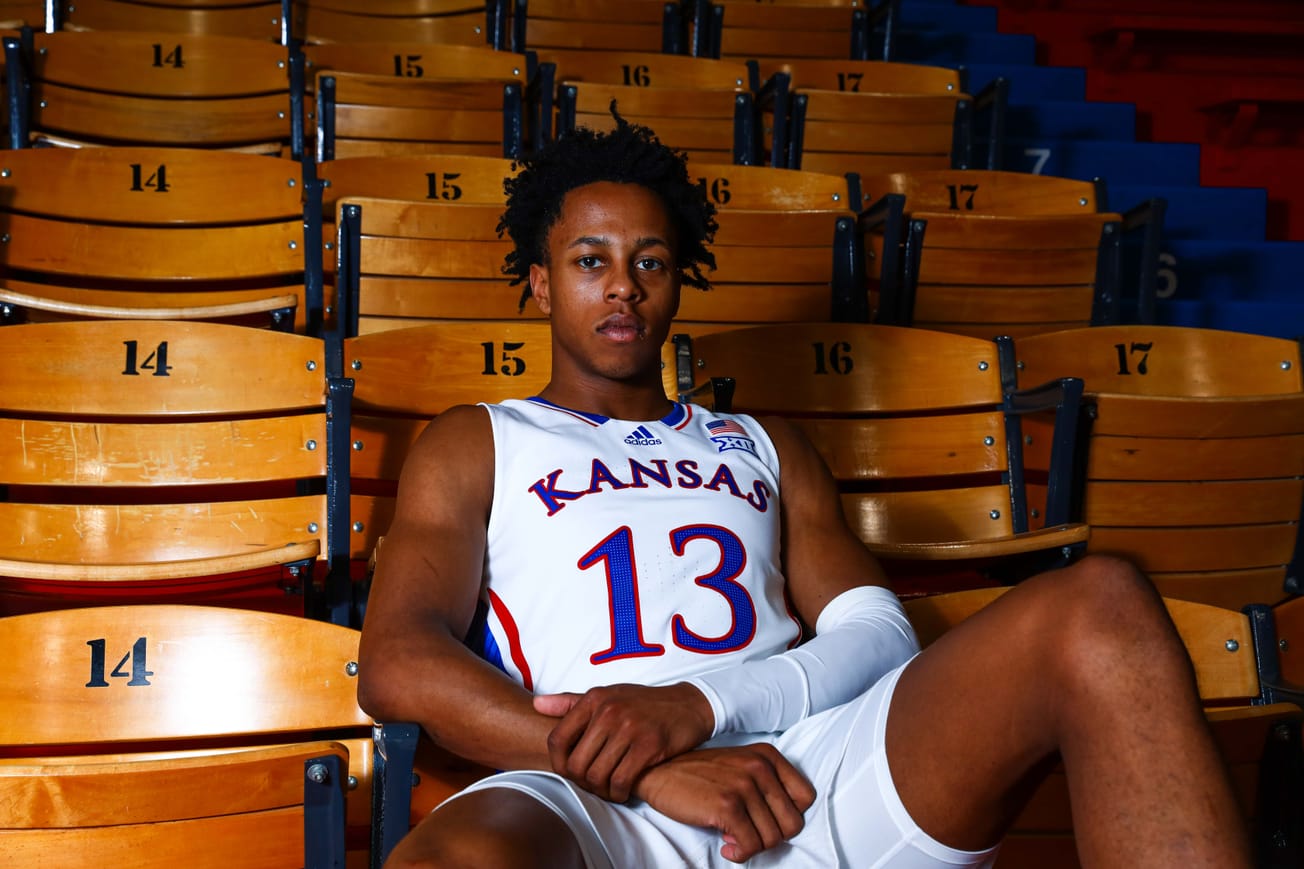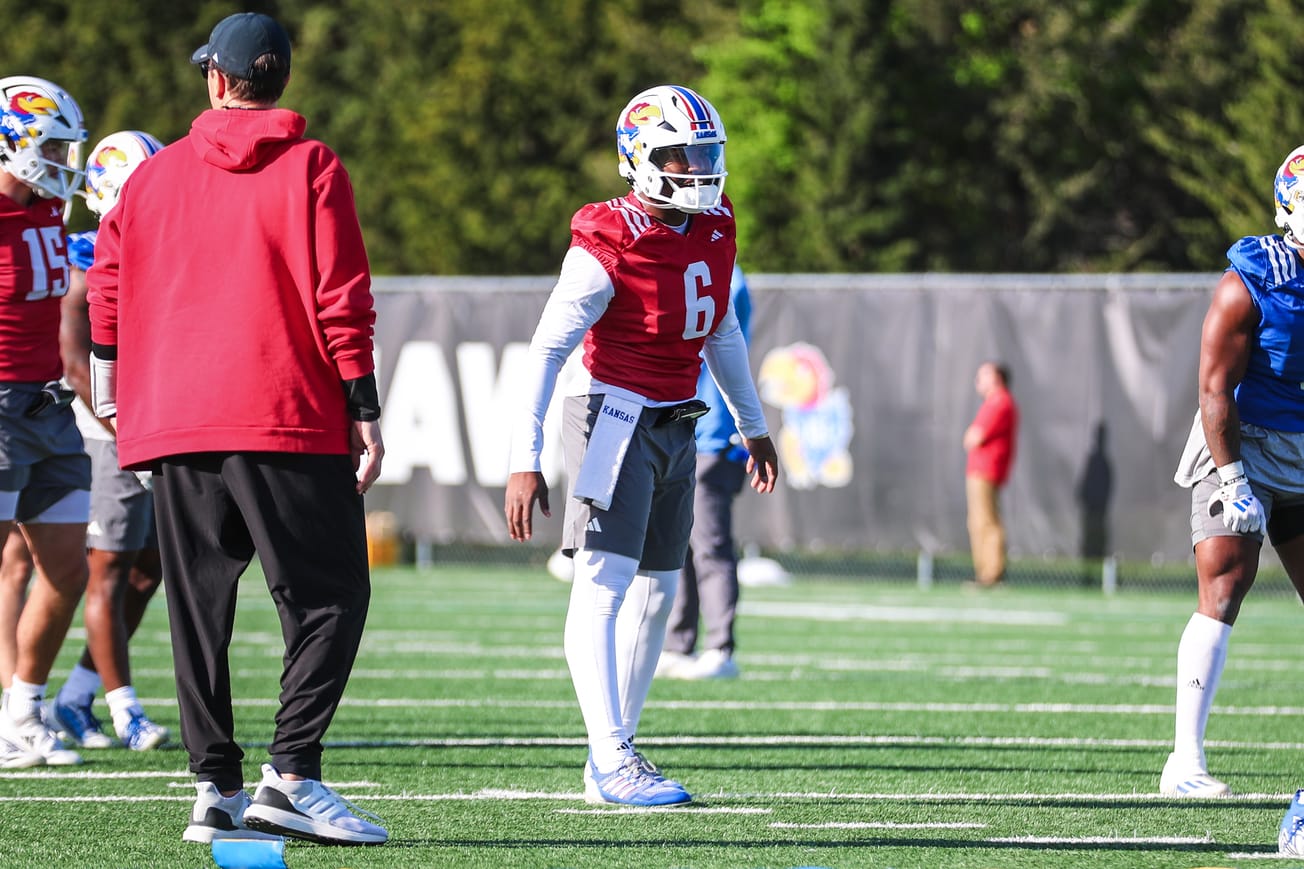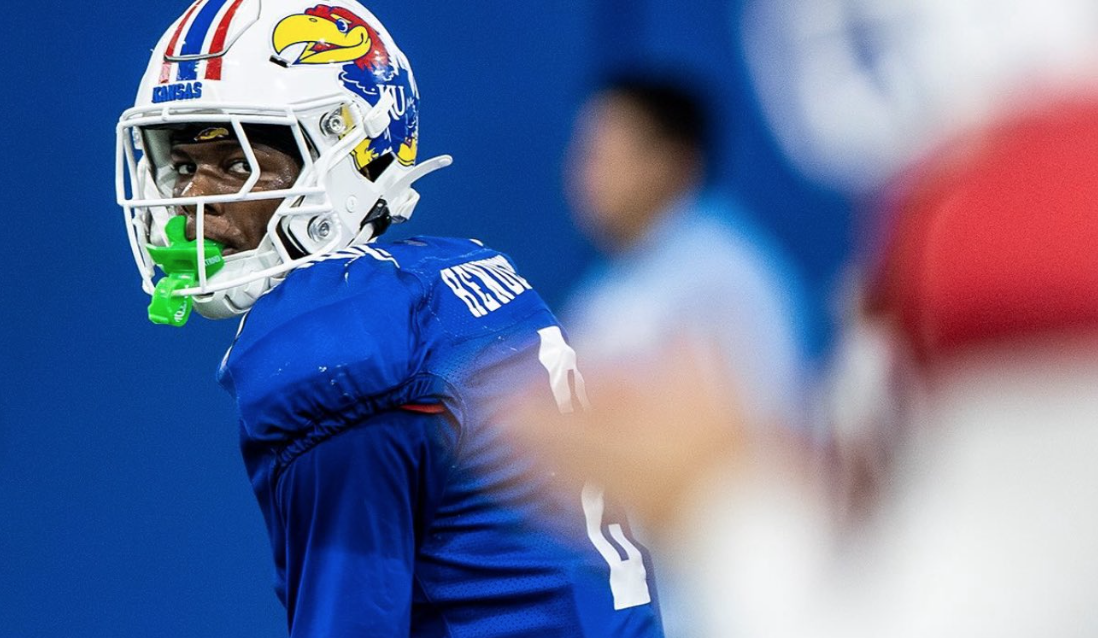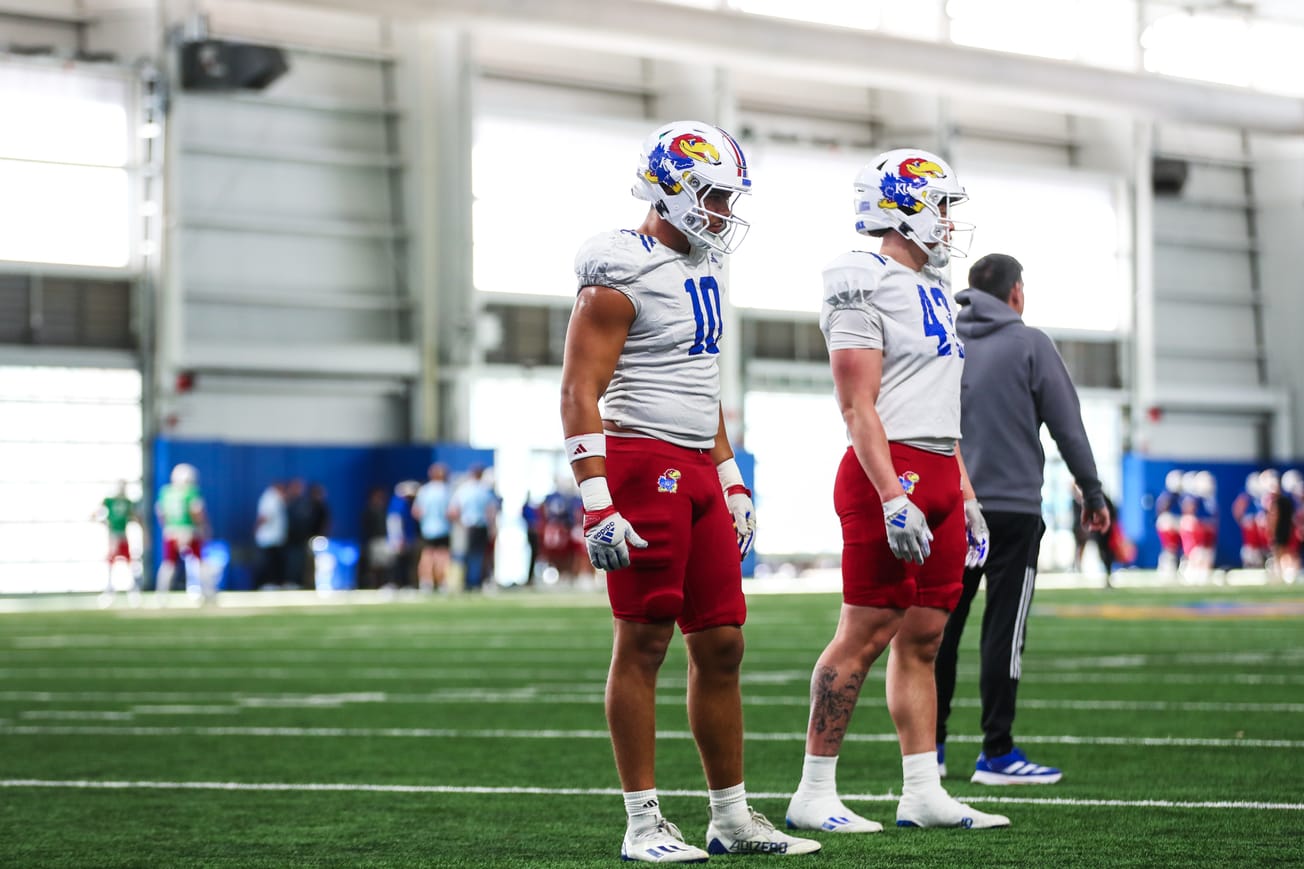For six years — some days being harder than others — the Kansas men’s basketball program operated under the cloud of an investigation that threatened to take away the very thing that matters most in the world of college basketball — the Jayhawks’ ability to participate in the NCAA Tournament and play for a national title.
Thursday morning, when the current Jayhawks wake up, they’ll know that such a threat no longer looms. And they’ll be the first group since the 2016-17 team to know what that feels like.
While that’s great news for players like Dajuan Harris Jr., KJ Adams, Hunter Dickinson, Kevin McCullar Jr. and others, it also calls to mind just how lucky the current roster is, and how a couple dozen KU players who came before them weren’t in those same shoes.

From Devon Dotson to Mitch Lightfoot, Ochai Agbaji to Marcus Garrett and their teammates, several former Jayhawks found themselves in the crosshairs of the NCAA investigation year after year, despite not being directly involved in any way.
During their time in Lawrence, each was prodded about the details of FBI and NCAA inquiries into their program and their coaches. Each was asked — sometimes repeatedly — whether they were worried about the results of the case impacting their ability to compete in March. Each time, the now-former Jayhawks sat tall, answered with confidence and said they trusted Self and company to lead the program to a favorable outcome.
That outcome arrived Wednesday, when the Independent Accountability Resolution Process levied a three-year probationary period against Self’s program and also ruled that the Jayhawks would have to vacate 15 wins from the 2017-18 season, including participation in the 2018 Final Four, as the result of playing ineligible forward Silvio De Sousa in 15 contests.
Consistent with the IARP’s five other rulings, there was no postseason ban for the Jayhawks, which seemed to be the biggest fear among KU fans and possibly even the players and coaches.
“The panel was intentional in not prescribing penalties that would have a negative impact on current student-athletes,” IARP chairperson Christina Guerola Sarchio, said in a Wednesday afternoon press conference.
In addition, no further penalties were assigned to Self or assistant coach Kurtis Townsend and the allegations against the program as a whole were mostly downgraded from more-severe, Level I infractions to Level II and III infractions.
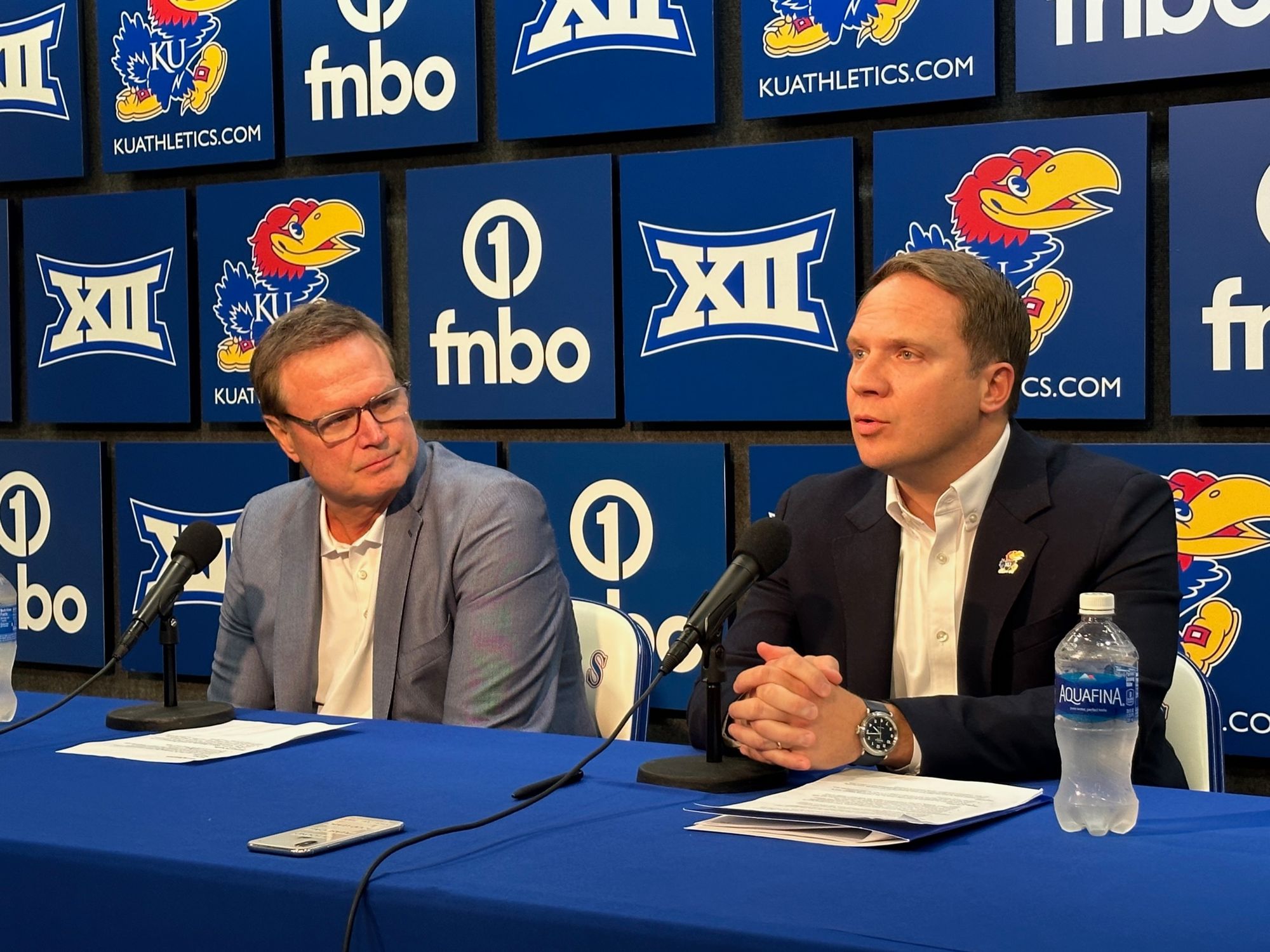
During a 20-minute joint press conference with KU Athletic Director Travis Goff after the ruling, Self was both reflective and contemplative about everything that had transpired at different points during the course of the investigation.
Part of that time was spent thinking back on what those former Jayhawks experienced.
“This is something that we have dealt with, but we’ve been very straightforward and forthright and honest with our guys (about) where this is and how it could potentially impact them,” Self said. “And they’ve handled it like you would think mature young men would. Very proud of them because, if you go back and look at it, this could be a cloud that you always have something in the back of your mind, thinking, ‘Well what if?’ And they eliminated the what if and pressed forward.”
Self said Wednesday that he thought the players who were at KU between 2019 and 2021 experienced the most intense scrutiny as it related to the investigation, with their postseason fate constantly being questioned pending the outcome.
“I would say the unknown was probably as much of a penalty as anything,” Self said Wednesday.
Some of the veterans on the current Kansas team experienced a taste of that, with Harris arriving in 2019 and Adams coming two years later, with the IARP’s ruling still more than two years down the road.
“Since then, it doesn’t feel quite the same to me because it’s been such a long time,” Self said.
Kansas also won another national title since then, doing it with players who perfectly fit the Kansas system but might not otherwise have been at Kansas if KU had been successful in its pursuit of five-star, top-10-type talent on the recruiting trail.
Instead, many of the elite prospects that KU went after during that stretch elected to go elsewhere, leaving Self and company to put together a roster of very good, three- and four-star players during those particular years, players who might’ve been initially overlooked in other recruiting circles — think Agbaji, Christian Braun, Harris, Adams and others.
That’s not to say KU’s recruiting dipped to a mid-major level. The past six years also saw KU sign players like Dotson, Quentin Grimes, Bryce Thompson, M.J. Rice and Gradey Dick. But the program was no longer hitting on the top-10 talent like it once had.
“There’s no doubt this has impacted recruiting,” Self said. “I’m not sure it’s impacted recruiting recently as much as it (did) three or four years ago, because I don’t think this is as talked about as much today as what it was.”
"I would say the unknown was probably as much of a penalty as anything." — KU coach Bill Self
Being free and clear of the investigation, Self said, could have a positive impact on future recruiting. Interestingly enough, later Wednesday, the Jayhawks received a commitment from Rakease Passmore, a top-50 prospect out of Lincolnton, North Carolina, ranked as the No. 16 small forward in the 2024 class by Rivals.com.
Self said he met with his current team on Wednesday, sometime before the ruling was delivered, and told them he didn’t know what to expect. Even parents of KU players were often kept abreast of as many details as possible regarding the investigation and how it could impact their sons.
“When you coach a group of young men or young ladies, regardless of sport, it becomes more than a team, it becomes a family,” Self said. “And with a family, you deal with ups and you deal with downs.”
As it turned out, Wednesday was one of the good days, and these Jayhawks, who are poised to be the preseason No. 1 team in the country when the polls come out next week, are in position to move forward in a way that no Kansas team has in the past six seasons.
“I’m very happy that it’s over,” Self said. “I’m certainly happy with the end result and, at the same time, don’t feel like a celebration mode because this is exactly what we thought the end result would be years ago and it’s taken such a long period of time to get here.”

— Here's a quick look at some of the more notable ways KU's 15 vacated wins from the 2017-18 season will impact the Kansas basketball program in terms of its past accomplishments and milestones —
• KU now trails Kentucky on college basketball's all-time wins list, 2,377 to 2,370. KU had passed the Wildcats and moved into the No. 1 spot in recent years, finishing the 2022-23 season with 2,385 all-time victories. But vacating 15 wins takes that number down to 2,370 and puts the Jayhawks back in second place.
• The vacated wins also will be removed from Self's coaching record, which now sits at 569-132 at Kansas and 776-237 all-time. In addition, Self is now 21 wins (instead of just 5) behind legendary KU coach Phog Allen, who finished his Kansas coaching career with 590 victories, the most in program history.
• KU still holds the NCAA record for most consecutive regular season conference titles, but instead of owning it outright, with 14, the Jayhawks are now officially tied with UCLA at 13. KU's Big 12 title during the 2017-18 season moved the Jayhawks into first place on the list of consecutive titles, but with several Big 12 wins being vacated, the 14th title in the streak is now erased, leaving Kansas in a tie with John Wooden's Bruins for the most all-time.
• KU held onto its NCAA record of 28 consecutive NCAA Tournament appearances, but just barely. Last year's appearance pushed that streak to 33 consecutive tournaments, but having the 2018 appearance vacated means that streak ended at 28. That's still one more than the previous record, held by North Carolina, which advanced to 27 consecutive NCAA Tournaments from 1975-2001.
— For tickets to all KU athletic events, visit kutickets.com


